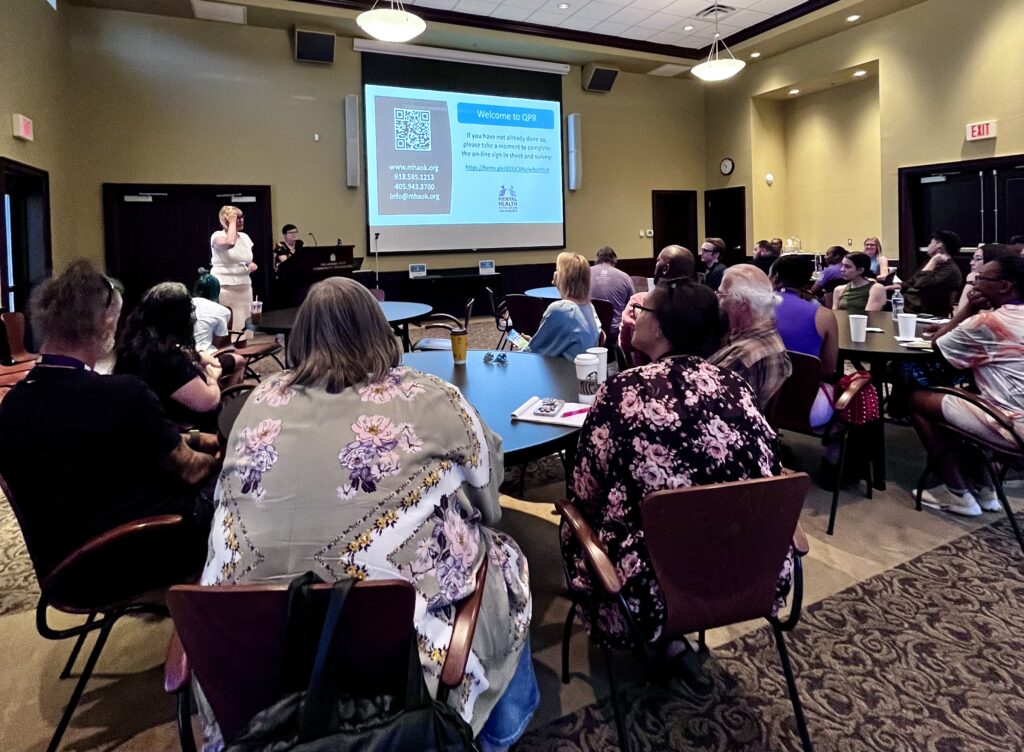For the nation, September 1st marks the beginning of Suicide Prevention Month, and now is a more critical time than ever to elevate the conversation around suicide and its preventability.
Suicide prevention demands a comprehensive approach that encompasses education, support systems and open dialogue. Central to this approach is destigmatization, as destigmatization is far too often the barrier between assistance and attempt. Destigmatization happens when society fosters candid, authentic conversations about suicide.
Central to this approach is the necessity of discussing suicide openly and constructively. Conversations about suicide play a crucial role in preventing it, as they help destigmatize mental health struggles, foster support networks, and facilitate early intervention.
According to the Centers for Disease Control and Prevention (CDC) 2022 report, suicide rates in the United States have continued to rise, with particular concern for states like ours. The report highlights a significant increase in suicide rates across various demographics, underscoring the urgency of effective preventive measures. This data emphasizes the need for proactive strategies, including open dialogue about suicide, to address this growing crisis.
One of the most vital aspects of preventing suicide is breaking down the stigma surrounding mental health and suicidal thoughts. Historically, discussions about suicide have been fraught with discomfort and avoidance, often due to fear of exacerbating the problem or lacking the right words to say. It cannot be overstated that having a conversation about suicide with someone who may be in or nearing crisis does not lead to suicide. In fact, having that conversation may just be the thing that saves their life.
By openly addressing suicide, we create a more accepting environment where individuals feel safe to share their struggles and seek help.
Conversations about suicide can not only reduce the stigma that often prevents people from asking for support, but they can significantly improve early detection and intervention. Making it clear that an individual who is struggling is safe to reach out is a proactive approach that can be crucial in preventing suicide.
Friends, family members, colleagues and peers who are educated about the warning signs of suicide and engage in open dialogues are better equipped to recognize when someone might be at risk and to offer support or guidance.
Educational efforts play a pivotal role in suicide prevention. Training programs, such as Question Persuade Refer (QPR), can enhance an individual’s ability to address suicide-related issues effectively. These programs can teach participants how to approach sensitive topics, recognize warning signs, and provide appropriate resources and referrals. The increased awareness and education provided by these programs are essential in combating the rising suicide rates and improving overall mental health support systems.
Note: MHAOK has partnered with the Metropolitan Library System to offer a free QPR training at their Capitol Hill location (327 SW 27th St, OKC) from 1 p.m. to 2:15 p.m. on Thursday, September 12th. This training is free and open to anyone 18 years or older, but registration is required. Click here to secure your spot.

